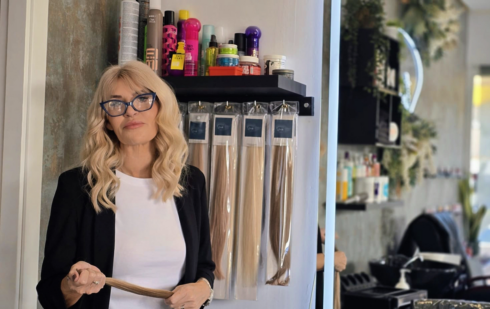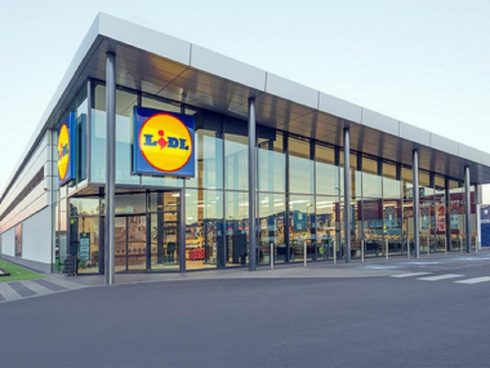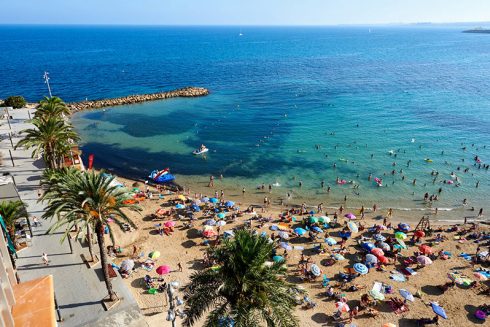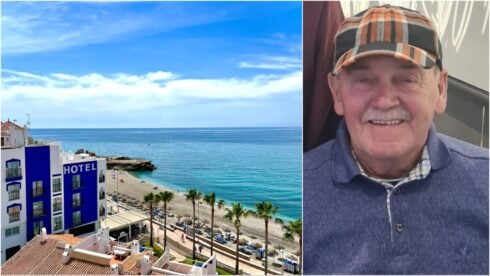NINE bottlenose dolphins from Selwo Marina in Benalmadena have been shipped to China, raising fears they will continue to be used in circus-style shows.
The transfer, carried out on September 3, has not been publicly announced by the operator Parques Reunidos, but the dolphin show has disappeared from the park’s website and staff told callers that the facilities are ‘under construction’.
The Ministry for Ecological Transition confirmed the transfer was authorised under CITES, the international convention regulating endangered species trade, and said the animals left Spain legally bound for China.
READ MORE: WATCH: 150 exotic animals held in ‘private’ zoo are rescued by police in Spain
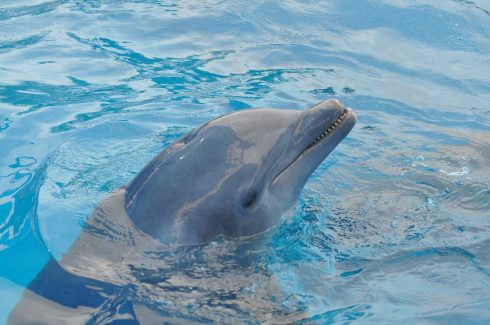
The Selwo dolphins were sent to new aquatic installations on Hainan Island, the same site that received eight dolphins from Madrid Zoo earlier this year and nine from Aquopolis Costa Dorada after its closure in 2022.
Despite these dolphin drawdowns, Spain continued to be the worst offender in Europe for keeping dolphins in captivity.
It is estimated there are around 90–100 individuals still housed in a network of dolphinariums and marine parks from Valencia to the Canary Islands.
Spain’s 2023 Animal Welfare Law bans wild animals in circuses, but existing dolphinariums were exempted, meaning shows can legally continue until the current dolphins die — a loophole campaigners say could keep the industry alive for decades.
READ MORE: Special ice creams keep animals cool during heatwave at Terra Natura Benidorm
Animal welfare groups have condemned the latest transfer.
Andrea Torres, of the Barcelona-based NGO FAADA, said the closure of the Selwo dolphinarium ‘would have been excellent news if the dolphins had been moved to a sanctuary, not to another dolphinarium in a country like China that lacks animal protection laws that guarantee their well-being.’
She warned that the dolphins will likely continue to be exploited through performances involving jumps, acrobatics, and tricks such as carrying trainers on their snouts or ‘dancing’ in the water.
Campaigners argue that zoos resist the sanctuary option because it undermines their business model – the dolphin shows are highly profitable.
“A zoo has the same responsibility as any owner who takes in an animal, and if you’re not going to be able to continue keeping them in your centre, you have to make sure they’re going to be okay,” Torres said.
When Parques Reunidos moved Madrid’s dolphins to Hainan in February, it insisted the new complex was ‘state-of-the-art,’ with five interconnected pools, a veterinary hospital and typhoon-resistant infrastructure, citing a recommendation from the European Association of Zoos and Aquariums.
But activists maintain that the only solution is to phase out captivity entirely by stopping breeding, halting exchanges, and ensuring current dolphins are the last generation to be held in tanks.
France banned dolphin and orca breeding in 2017 and outlawed public shows at the start of this year, leaving Spain increasingly isolated in clinging to the practice.
Despite the closure of Selwo’s dolphinarium, performances continue at other parks including Oceanografic in Valencia, Marineland in Mallorca, Mundomar in Benidorm, Aqualand in Tenerife and Palmitos Park in Gran Canaria.
Click here to read more Costa Del Sol News from The Olive Press.




